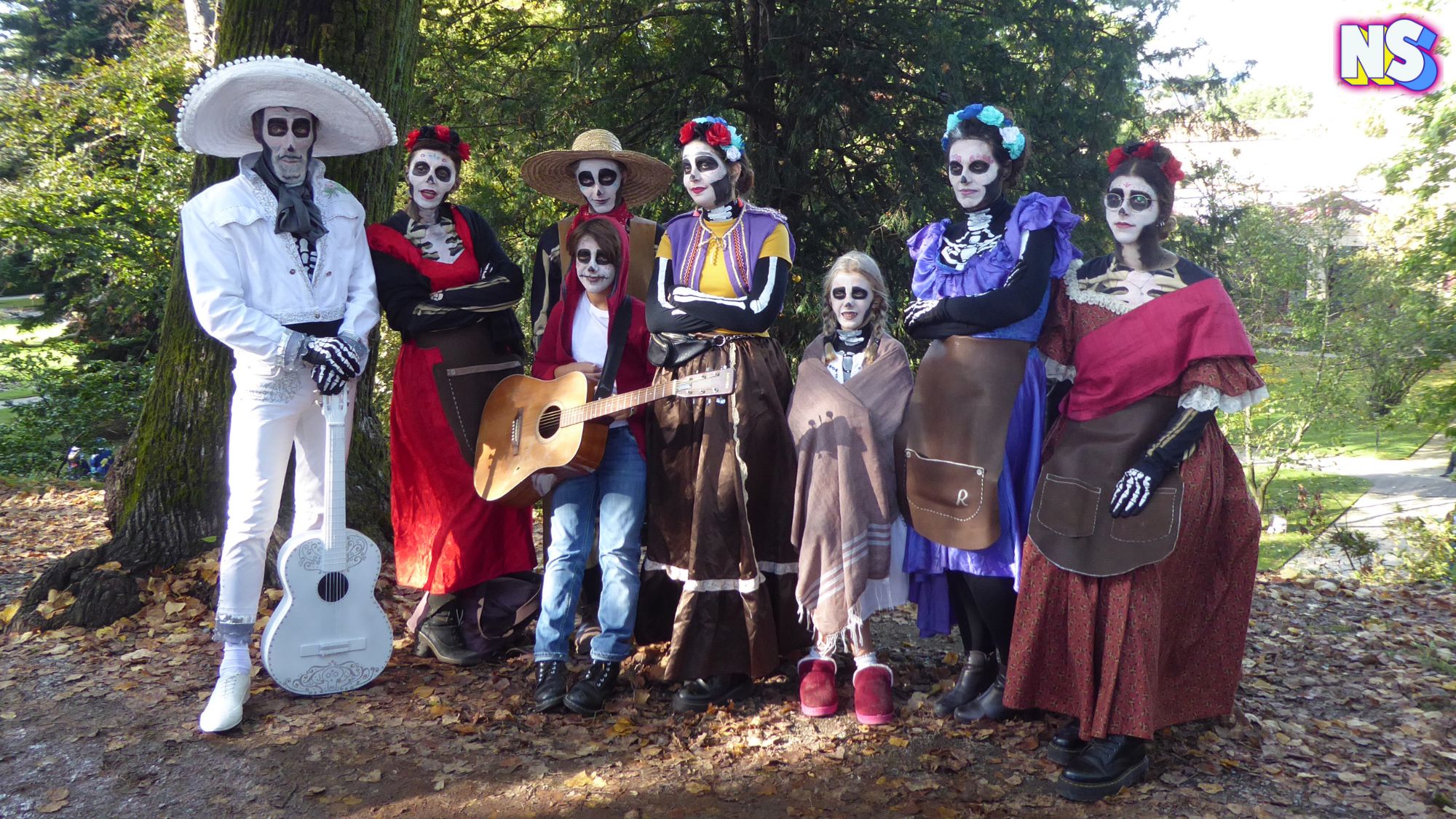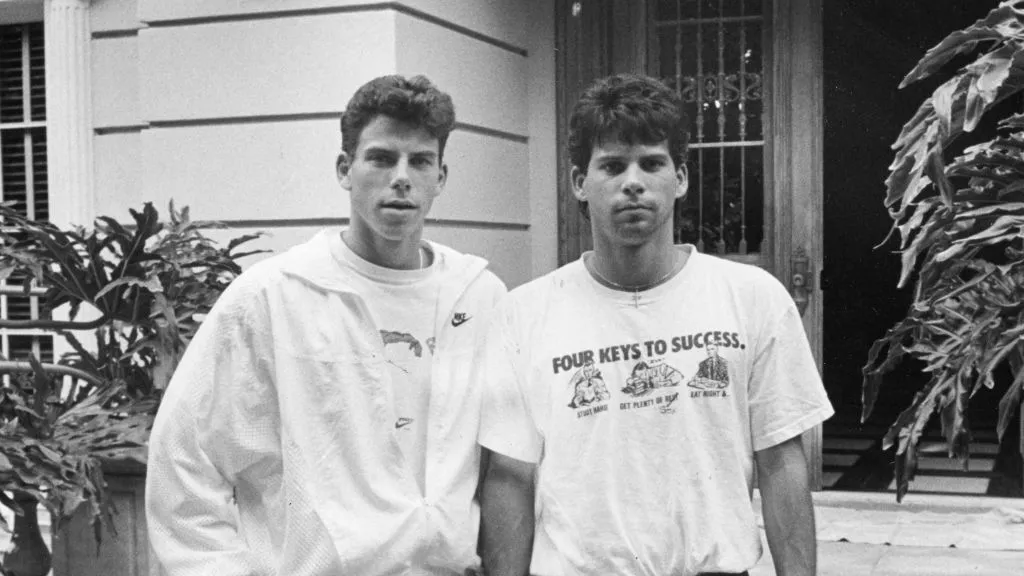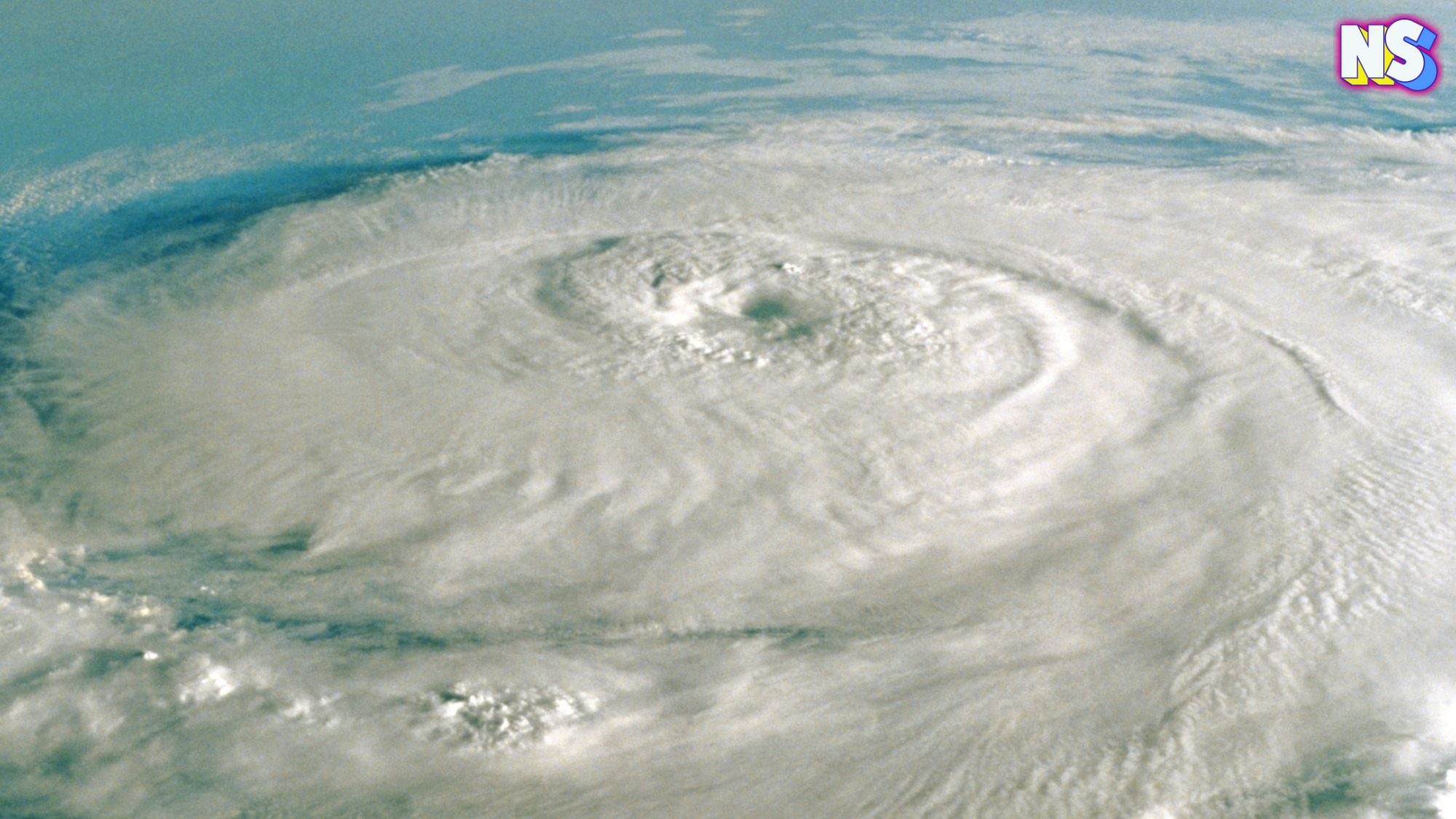Image courtesy of Nuestro Stories.
Rigoberta Menchú Tum is a Quiché Guatemalan human rights activist, feminist, and Nobel Peace Prize laureate who has dedicated her life to fighting for the rights of Guatemala's Indigenous peoples and promoting Indigenous rights worldwide.
Menchú was the first person of indigenous descent to receive the Nobel Peace Prize. She became famous internationally for her advocacy work on behalf of the Mayan communities in her native Guatemala and after narrating her book “Me llamo Rigoberta Menchú y así me nació la conciencia.”
The book, one of the few complete Indian narratives since the Spanish conquest, begins with this introduction to her life.
“My name is Rigoberta Menchú. I am twenty-three years old. This is my testimony. I didn’t learn it from a book, and I didn’t learn it alone. I’d like to stress that it’s not only my life; it’s also the testimony of my people.”
The testimony of Rigoberta Menchú
Menchú was born at the beginning of 1959 in the Mayan Community in Laj Chimel, near San Miguel de Uspantan, the capital of the northwestern province of El Quiché. She is a member of one of the largest of the twenty-two ethnic groups in Guatemala.
She was the sixth of nine children. Her family only spoke Quiché, and Menchú didn’t learn Spanish until she turned 19.
Her mother, Juana Tum Kótoja, was a midwife. Her father, Vicente Menchú, was a day laborer who also traveled to different indigenous communities to organize and fight for the recognition of their rights. From an early age, Menchú often went on these trips with her father.
Guatemala was embroiled in a civil war that began in 1960 and would last 36 years until 1996. This was the backdrop of Rigoberta’s childhood. More than 200,000 people were killed during the war, which ended with peace accords in 1996. About 83 percent of those killed were Mayan, according to a 1999 report written by the U.N.-backed Commission for Historical Clarification.
The vast majority of the human rights violations and atrocities were committed by the state forces and the military, backed by the local elites and multinational corporations, such as the United States’s United Fruit Company.
Rigoberta’s activism began with her father and his work with the Peasant Unity Committee (which she joined in 1979). It was imbued with her mother’s Mayan spiritualism and the Liberation Theology of the Catholic Church.
The tragedy that visited her family forged her determination
In 1979, her brother Patrocinio was captured and killed by the Guatemalan army. In 1980, her father died during the Guatemalan military's burning of the Spanish Embassy after the peasants had taken over to protest their ill-treatment and discrimination.
A few months later, her mother was kidnapped, raped, and tortured for several days by the Guatemalan army and exhibited publicly in her community. All because of her political activism.
From all this pain, Rigoberta Menchú found her voice.
“We are not myths of the past, ruins in the jungle, or zoos. We are people, and we want to be respected, not to be victims of intolerance and racism,” Menchú said in a 1992 interview shortly before she received the Nobel Peace Prize.
If you read anything this year, read “I, Rigoberta Menchú” because this is our history and who we are.
https://draft.nuestrostories.com//wp-content/uploads/2022/06/Susanne-182x250.jpeg





